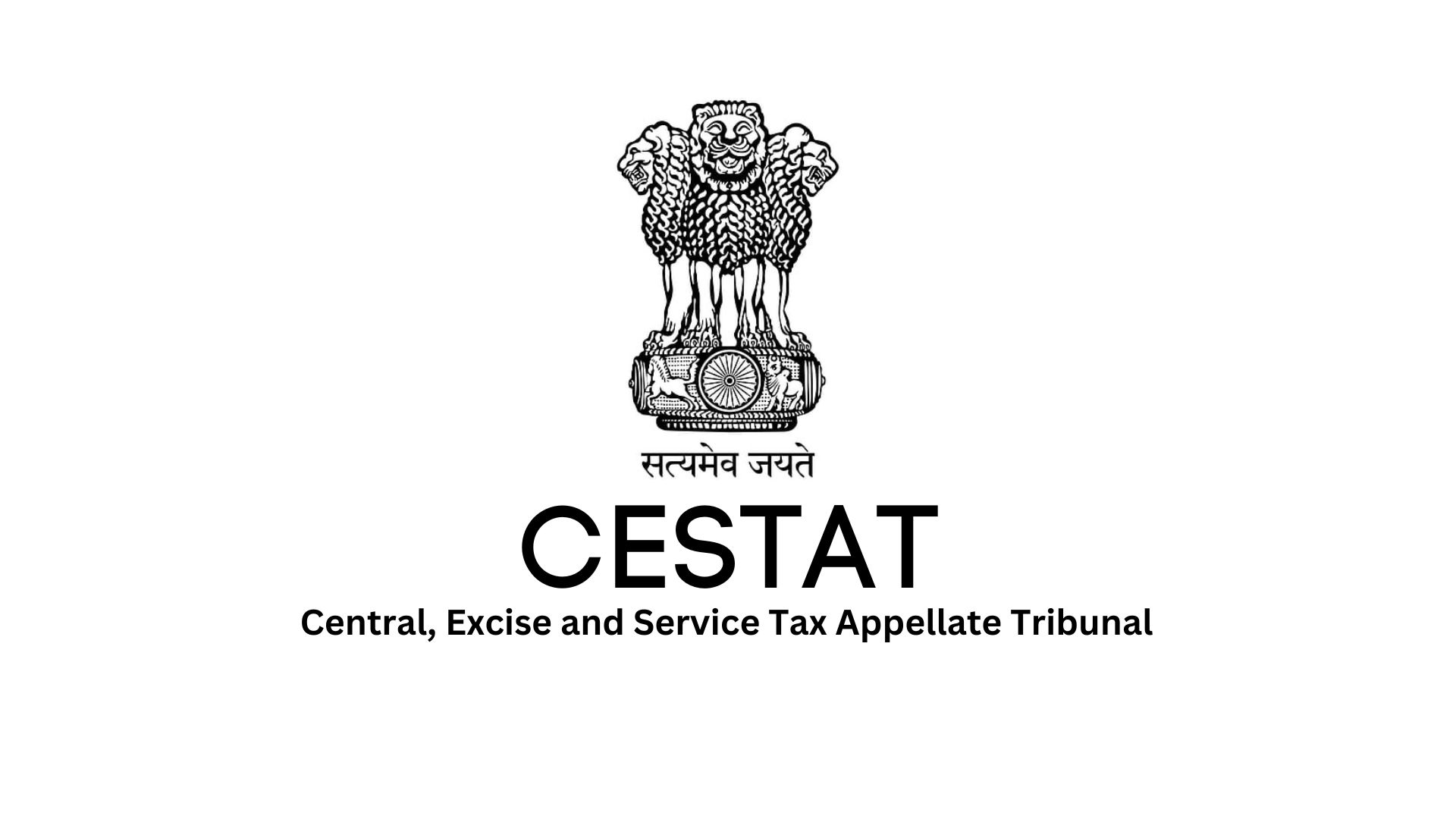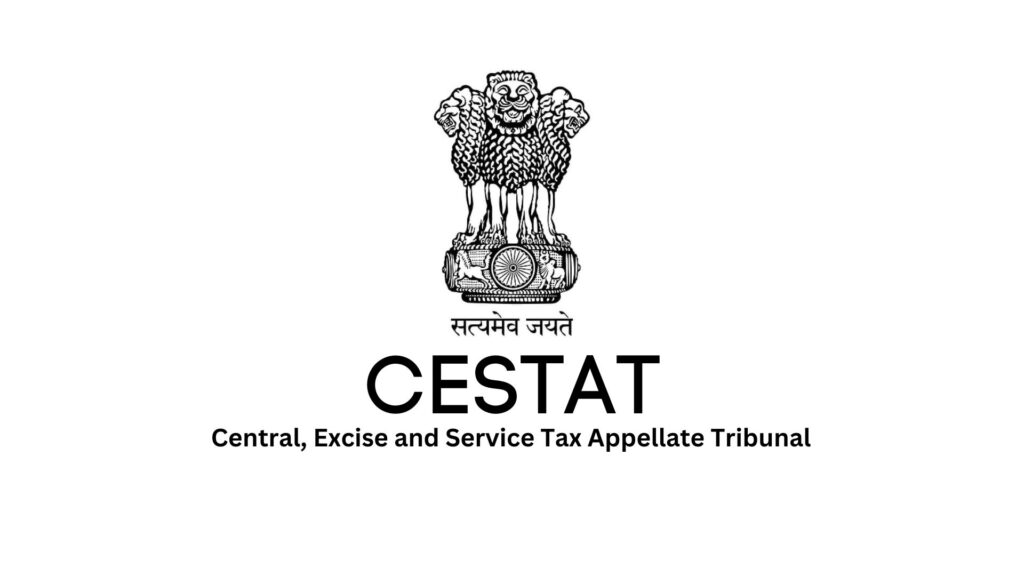
03 May CBIC Launched 4th E-compendium of CESTAT Case Laws in Favor of Revenue

The Launch of the 4th E-compendium
Under the visionary leadership of the Chairman CBIC, Shri Sanjay Kumar Agarwal, along with Members of the Board and senior officers from CCAR HQRS New Delhi, the 4th E-compendium of CESTAT case laws in favor of revenue was launched on the CBIC website. This initiative underscores the commitment of CBIC towards promoting transparency, efficiency, and accountability in tax administration.
How to Access the E-compendium?
The complete E-compendium can be accessed on the CBIC website via the following link: 4th E-Compendium of CESTAT Case Laws.
Overview of the Contents
The 4th E-compendium encompasses a wide array of case laws covering diverse aspects of indirect taxation, including customs duty, excise duty, service tax, and GST. It provides insights into key legal principles, procedural aspects, and substantive issues arising in tax disputes. The compendium is structured in a user-friendly format, allowing easy navigation and reference.
Importance of the E-compendium for Revenue
The E-compendium plays a pivotal role in strengthening the legal framework governing indirect taxes and enhancing revenue realization. By consolidating judicial precedents in favor of revenue, it empowers tax authorities to effectively defend revenue claims, deter tax evasion, and promote compliance. Moreover, the compendium serves as a valuable tool for resolving contentious issues and clarifying ambiguities in tax laws.
Key Features of the E-compendium
- Comprehensive coverage of CESTAT case laws
- Searchable database for easy retrieval of judgments
- Updated regularly to incorporate recent rulings
- Cross-referencing and citation tools for research purposes
- User-friendly interface with advanced functionalities
Benefits for Stakeholders
Stakeholders across the spectrum, including taxpayers, legal practitioners, industry associations, and academia, stand to benefit from the E-compendium. It facilitates informed decision-making, legal analysis, and compliance management. Taxpayers can leverage the compendium to understand their rights and obligations, while legal professionals can utilize it to advocate their cases effectively before judicial forums.
Significance for Tax Professionals and Practitioners
For tax professionals and practitioners, the E-compendium serves as a valuable resource for professional development and knowledge enhancement. It enables them to stay abreast of evolving legal trends, judicial interpretations, and procedural nuances. By leveraging insights from past precedents, tax professionals can devise effective litigation strategies, mitigate risks, and optimize tax outcomes for their clients.
Impact on Judicial Decisions
The E-compendium exerts a significant influence on judicial decisions by providing authoritative precedents and persuasive arguments in favor of revenue. Courts and tribunals often rely on past judgments cited in the compendium to adjudicate similar cases and uphold the principles of equity, consistency, and certainty in tax law. Thus, the compendium contributes to the coherence and predictability of judicial outcomes.
Previous Editions and Their Impact
The previous editions of the E-compendium have made a profound impact on tax administration and jurisprudence. They have been instrumental in shaping legal doctrines, resolving contentious issues, and fostering a culture of transparency and accountability. The continuous refinement and expansion of the compendium reflect CBIC’s commitment to excellence and innovation in legal research and knowledge management.
Future Prospects and Updates
Looking ahead, CBIC remains committed to enhancing the utility and relevance of the E-compendium through regular updates, feedback mechanisms, and technological enhancements. The forthcoming editions will incorporate feedback from stakeholders, address emerging challenges, and incorporate best practices in legal research and information dissemination. By harnessing technology and collaboration, CBIC aims to elevate the E-compendium as a premier resource in the field of indirect taxation.
Access the complete E-compendium at: https://www.nyca.in/wp-content/uploads/2024/05/4th_E-Compendium_of_CESTAT_Case_Laws_Pro_-_Revenue.pdf


No Comments